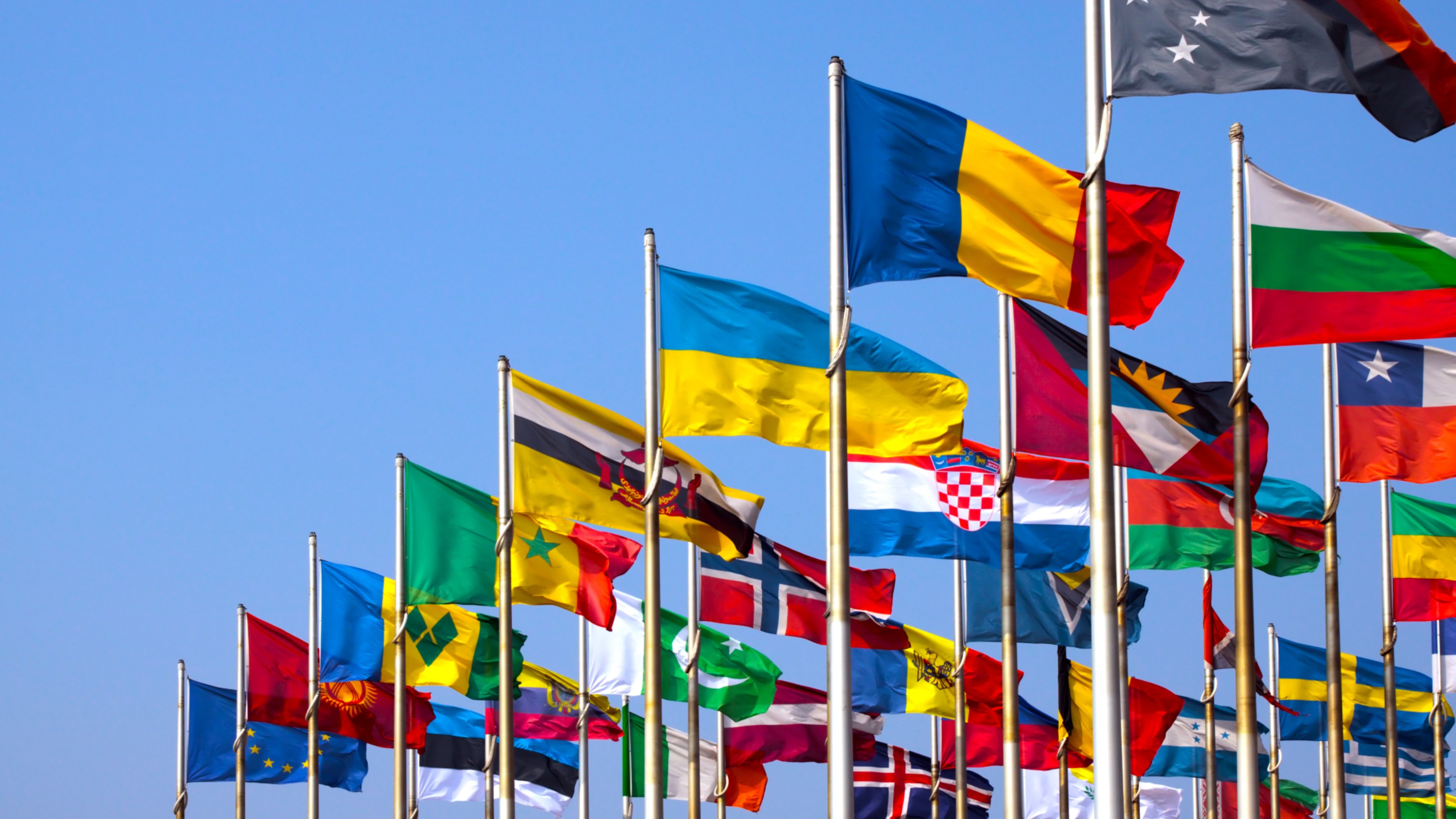Roth, on the significance of the Charles Taylor trial.
Transcript:There are a number of important international institutions; things ranging from the international criminal court, which is a very important, new institution – basically a global war crimes tribunal – that stands ready to pursue anyone who commits genocide, war crimes, or crimes against humanity. That’s a very important advance, because traditionally dictators could guarantee their impunity by simply murdering a few judges at home and shutting down their judiciary. And then there’s, you know, no consequence . . . no penal price to pay for their mass atrocities. Today that’s no longer the case because they can’t shoot all the judges in the Hague. And so there is this court sitting there, you know, ready to jump in if local justice systems have been compromised. So that’s an important step forward. There are regional institutions – say the . . . The European Union is one which, in my view, is punching way below its weight, because it still has not found a way to enlist the . . . the 27 members in an active sense. It still has a . . . It gives each of those 27 members a veto, which basically means it’s being led by its most reluctant member. So if any particular EU member happens to have a special relationship with Uzbekistan, or Libya, or whoever the abusive government of the moment is, the EU does not exert its substantial potential power on behalf of human rights in that country. There’s a need to get a better mechanism there, which the EU Constitution wasn’t designed to achieve, but that was defeated, and has not been a good alternative put forward. So that’s an international body that could make a difference.





